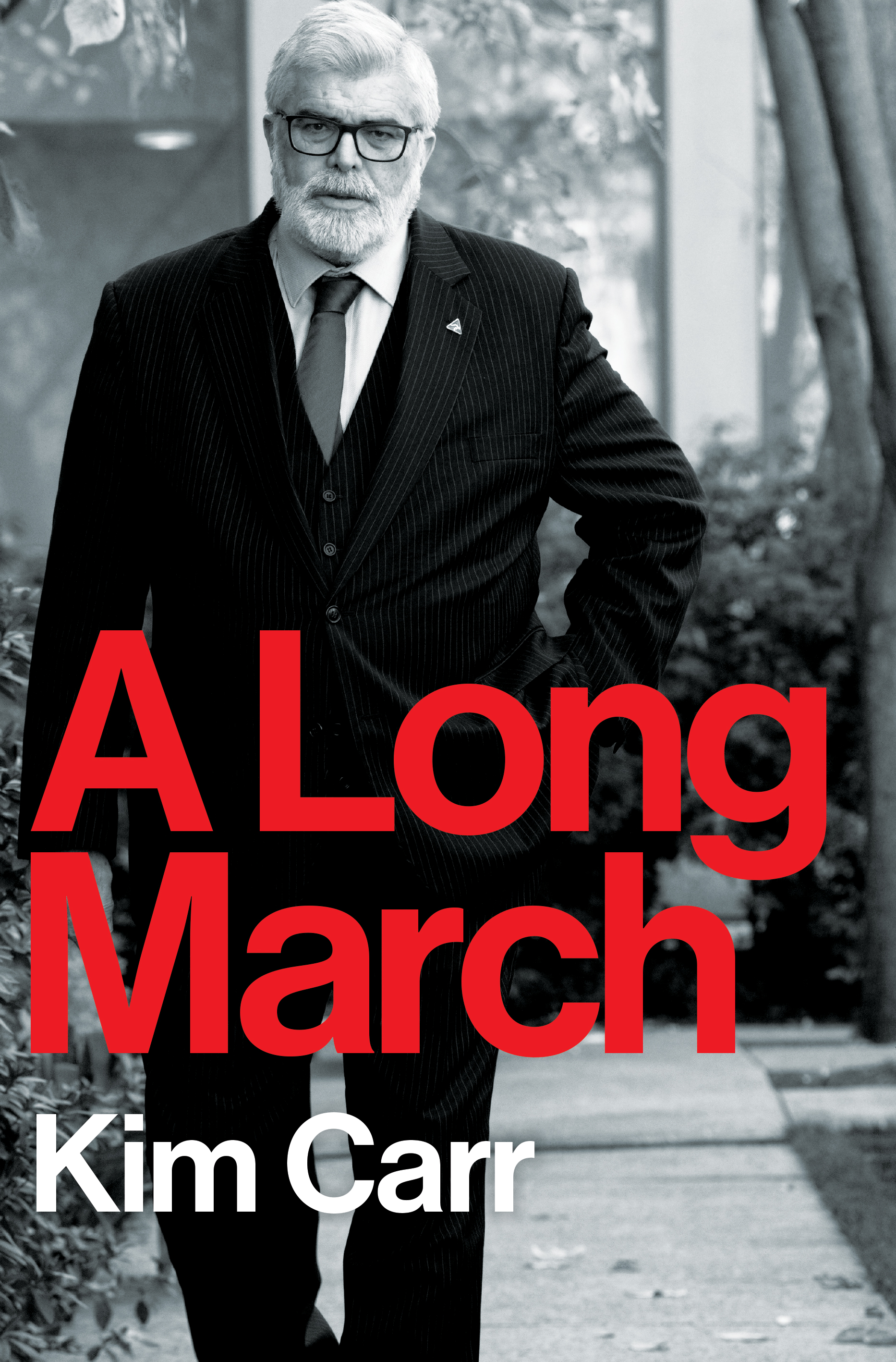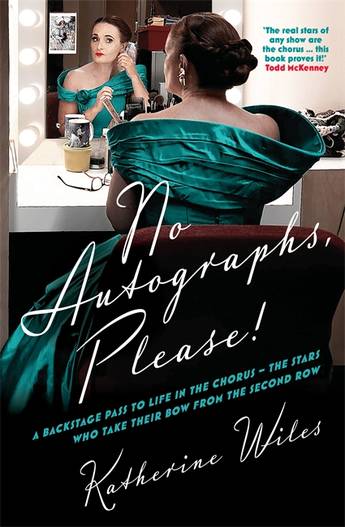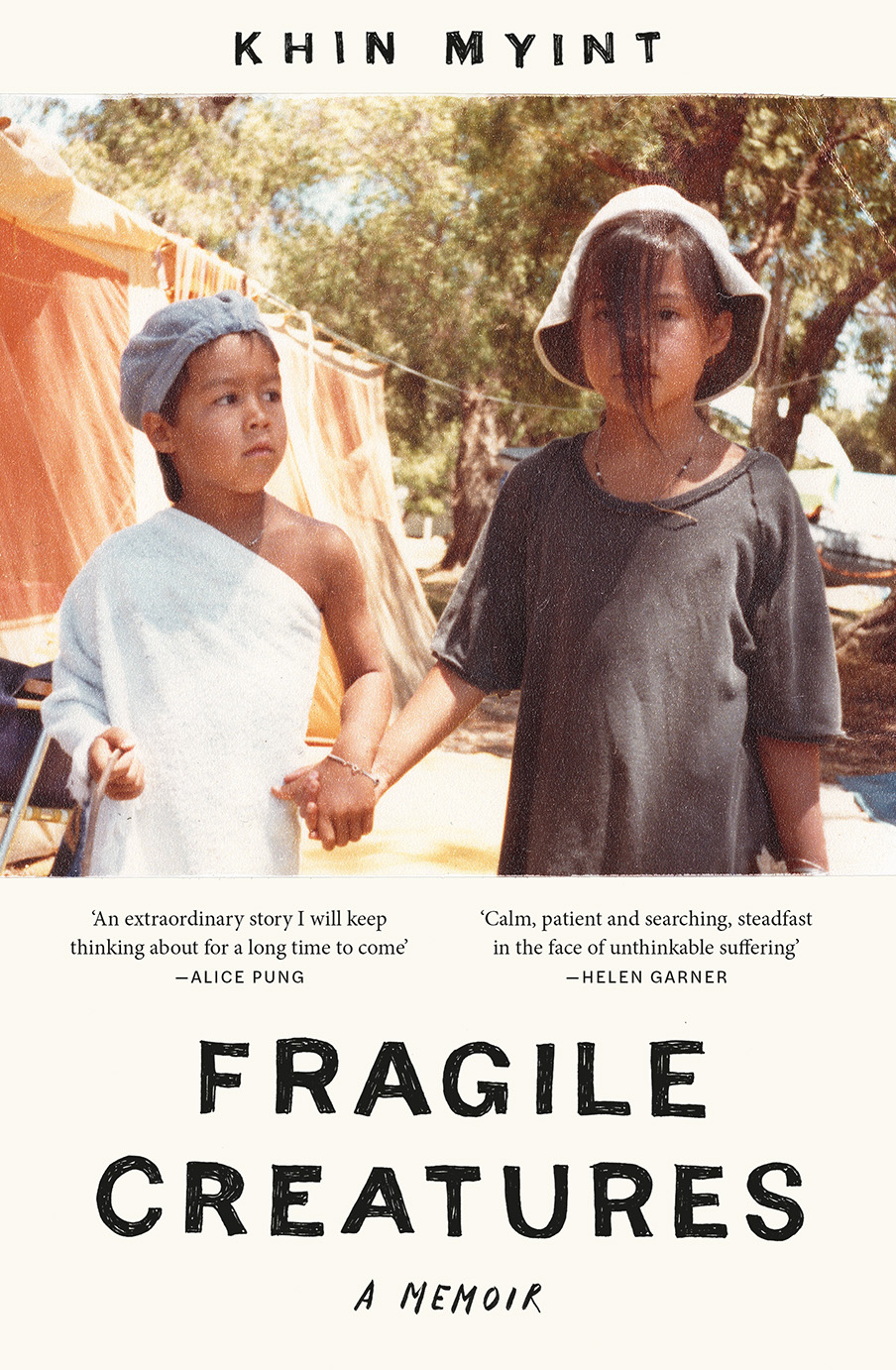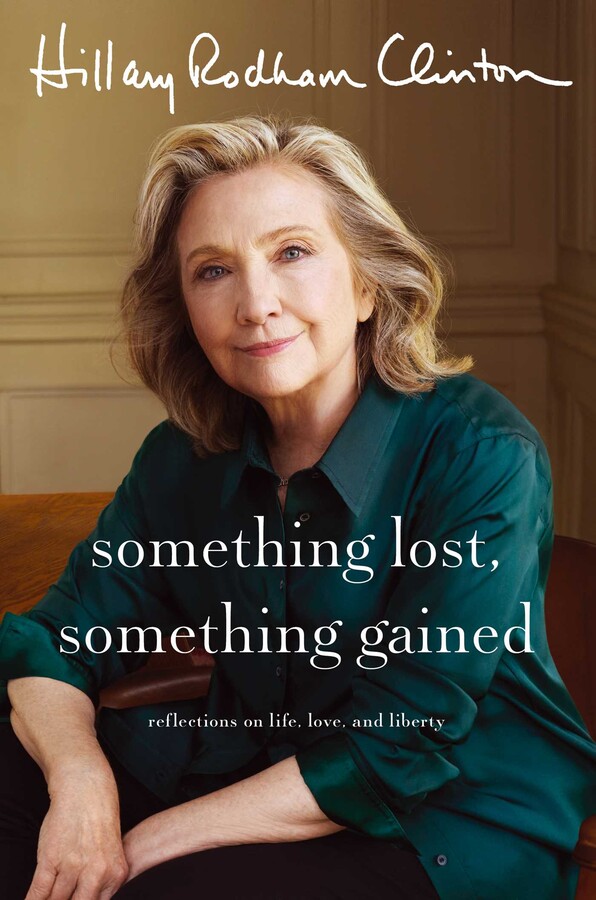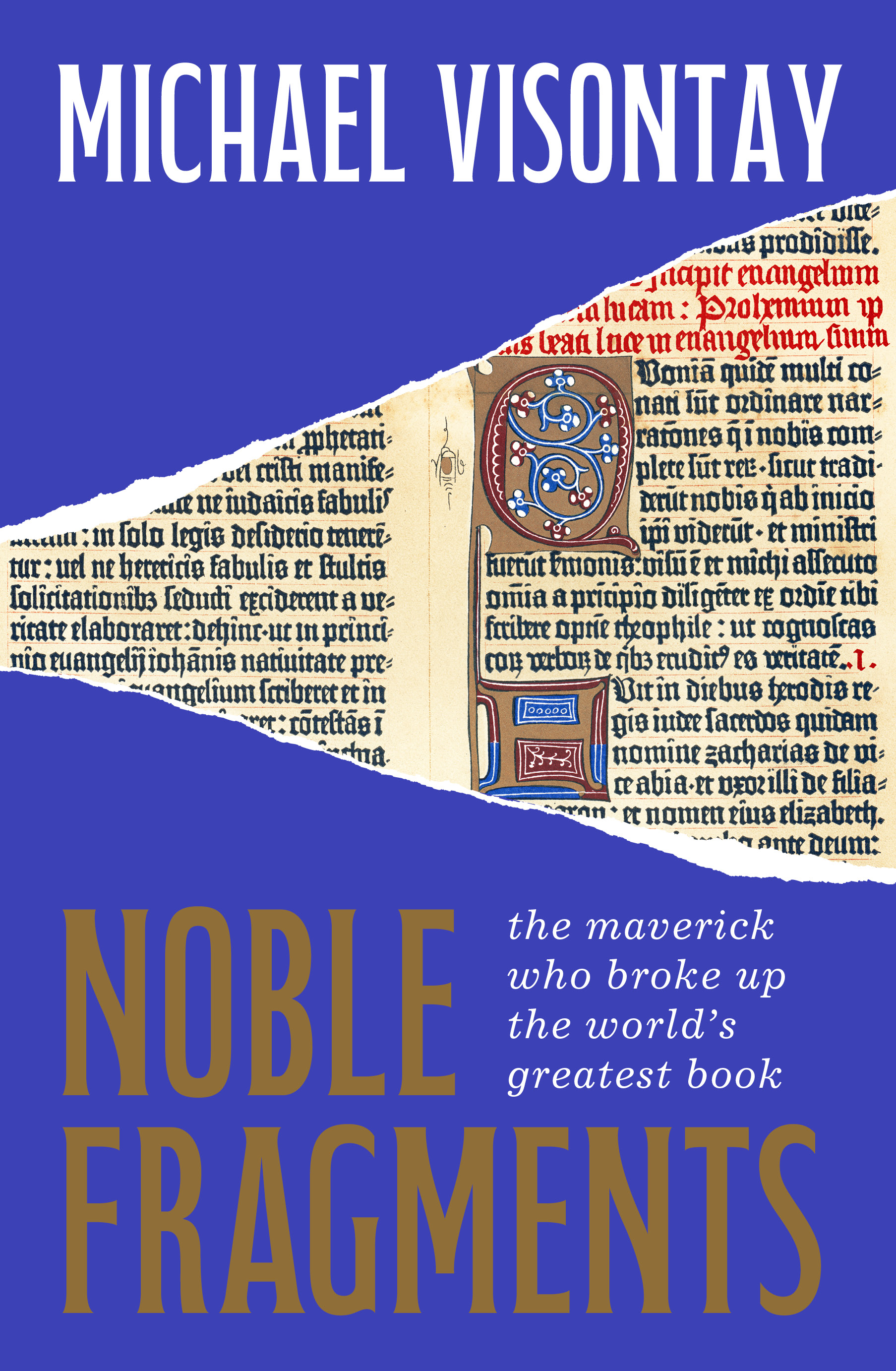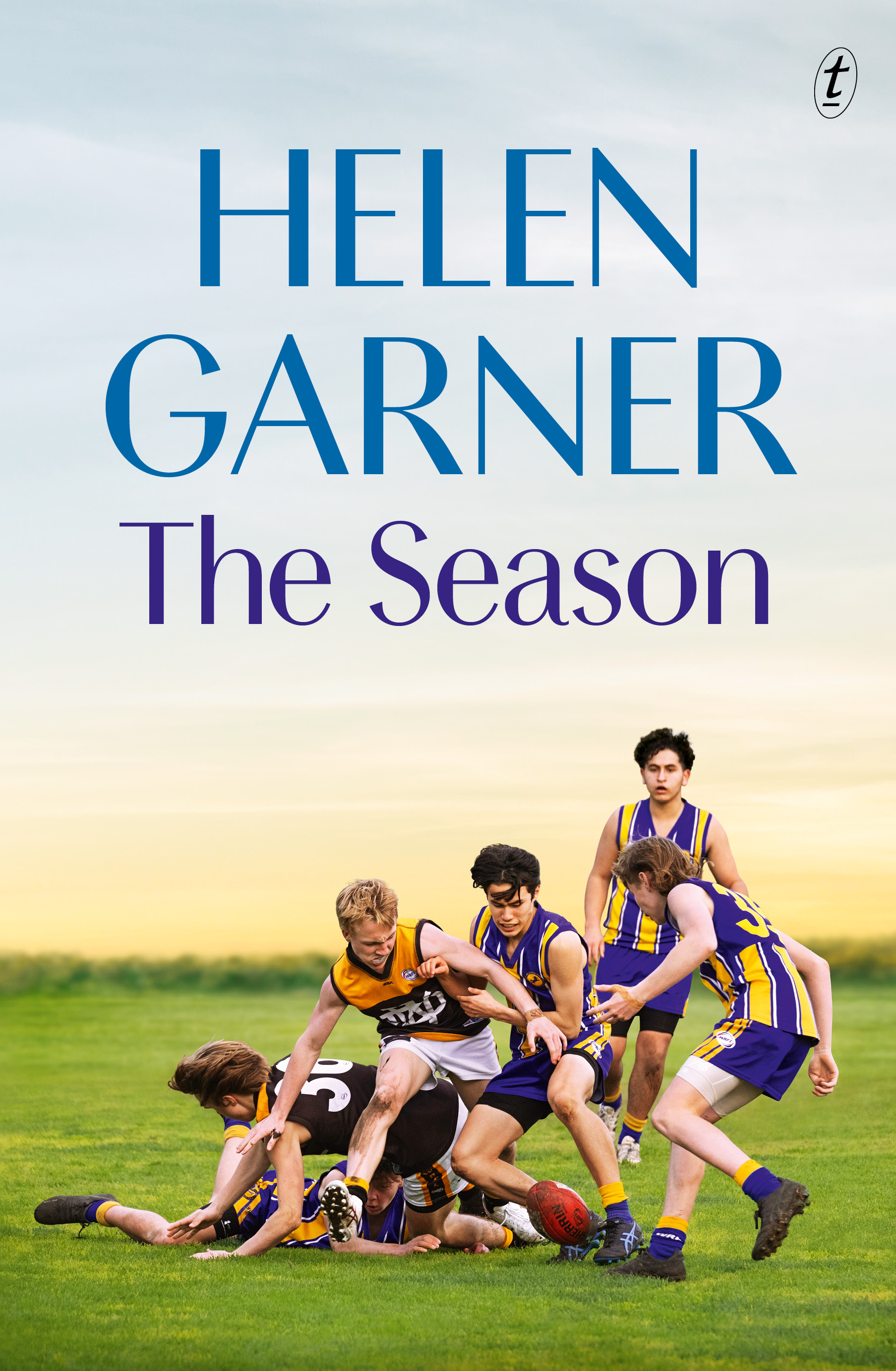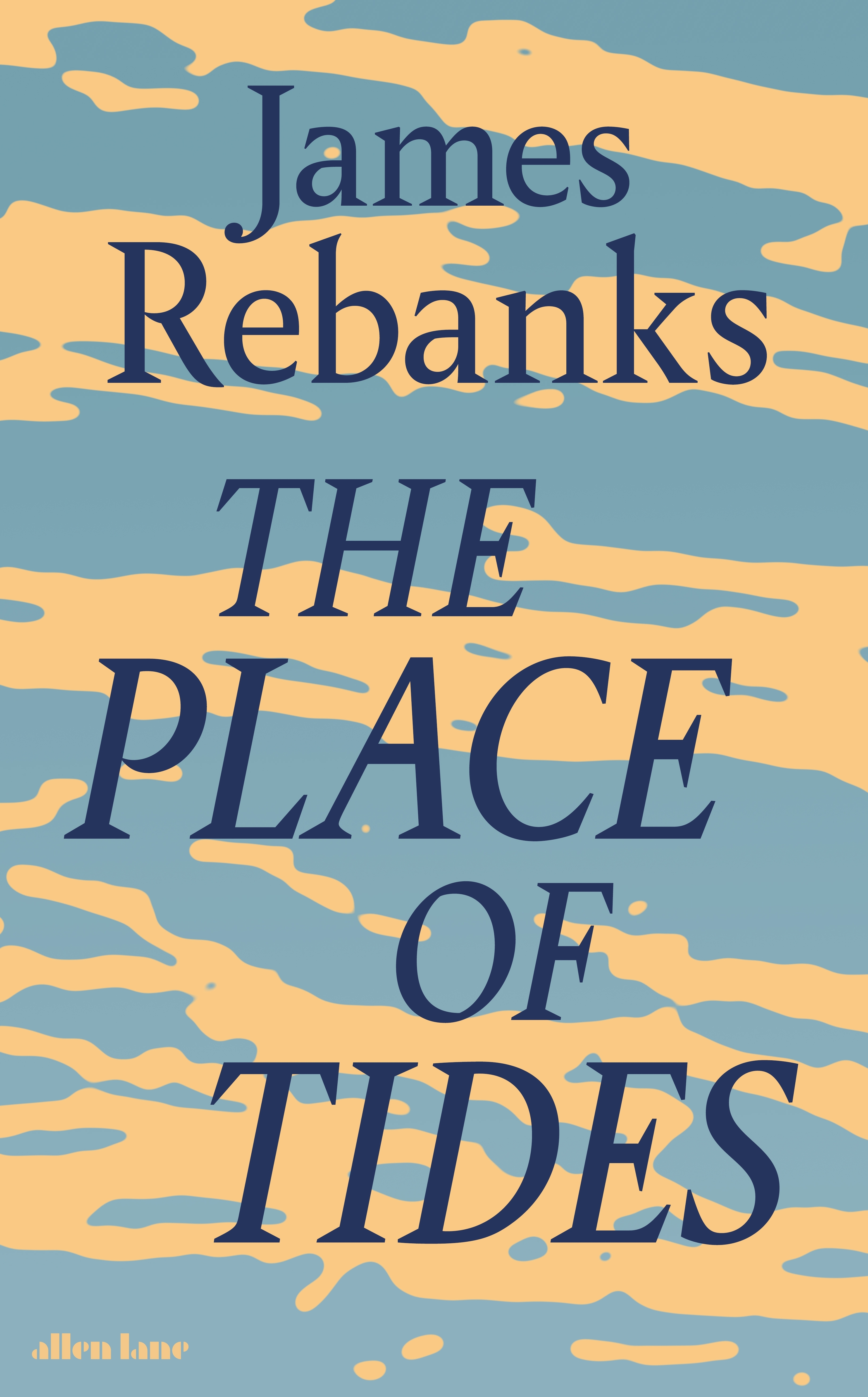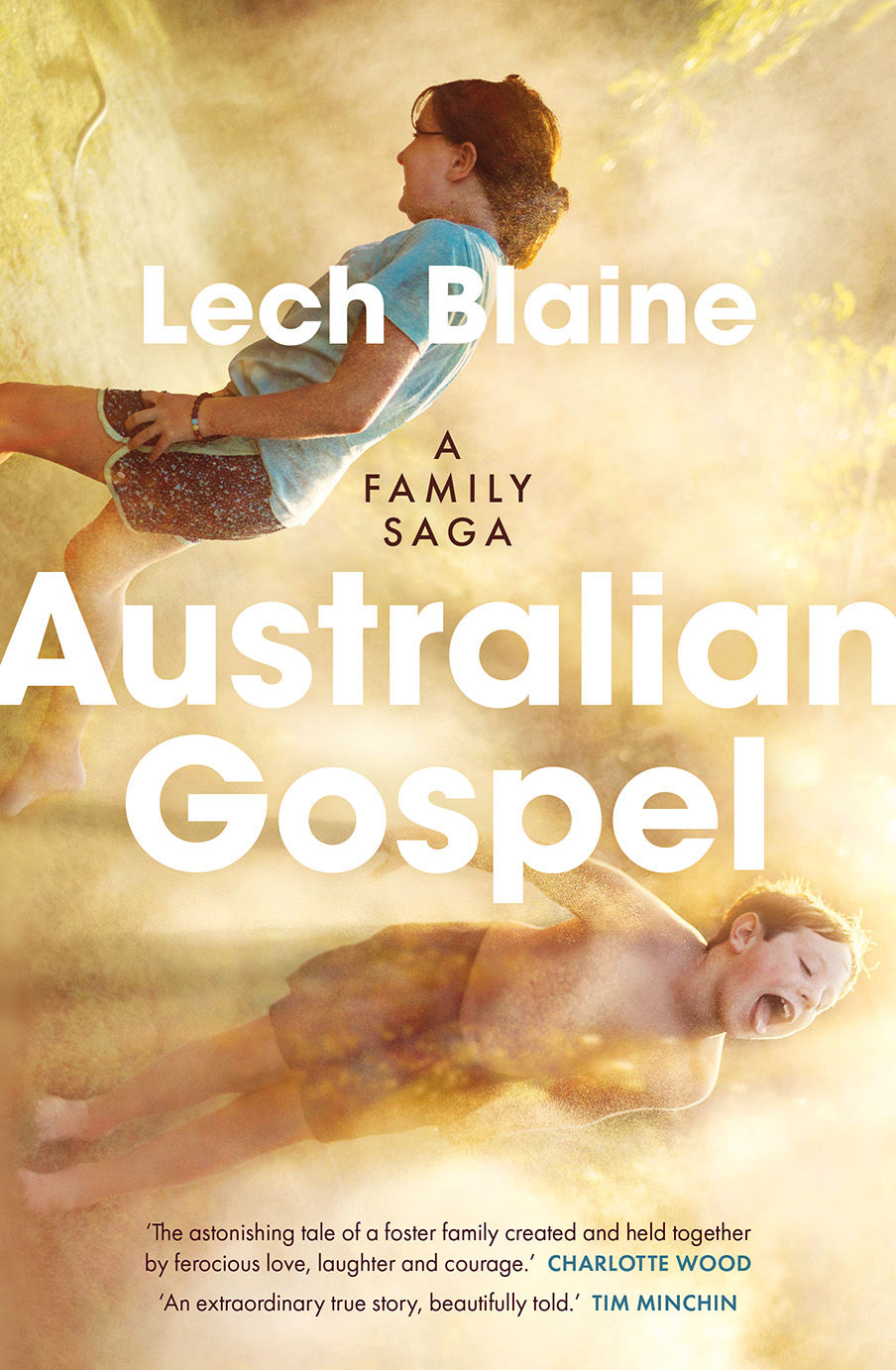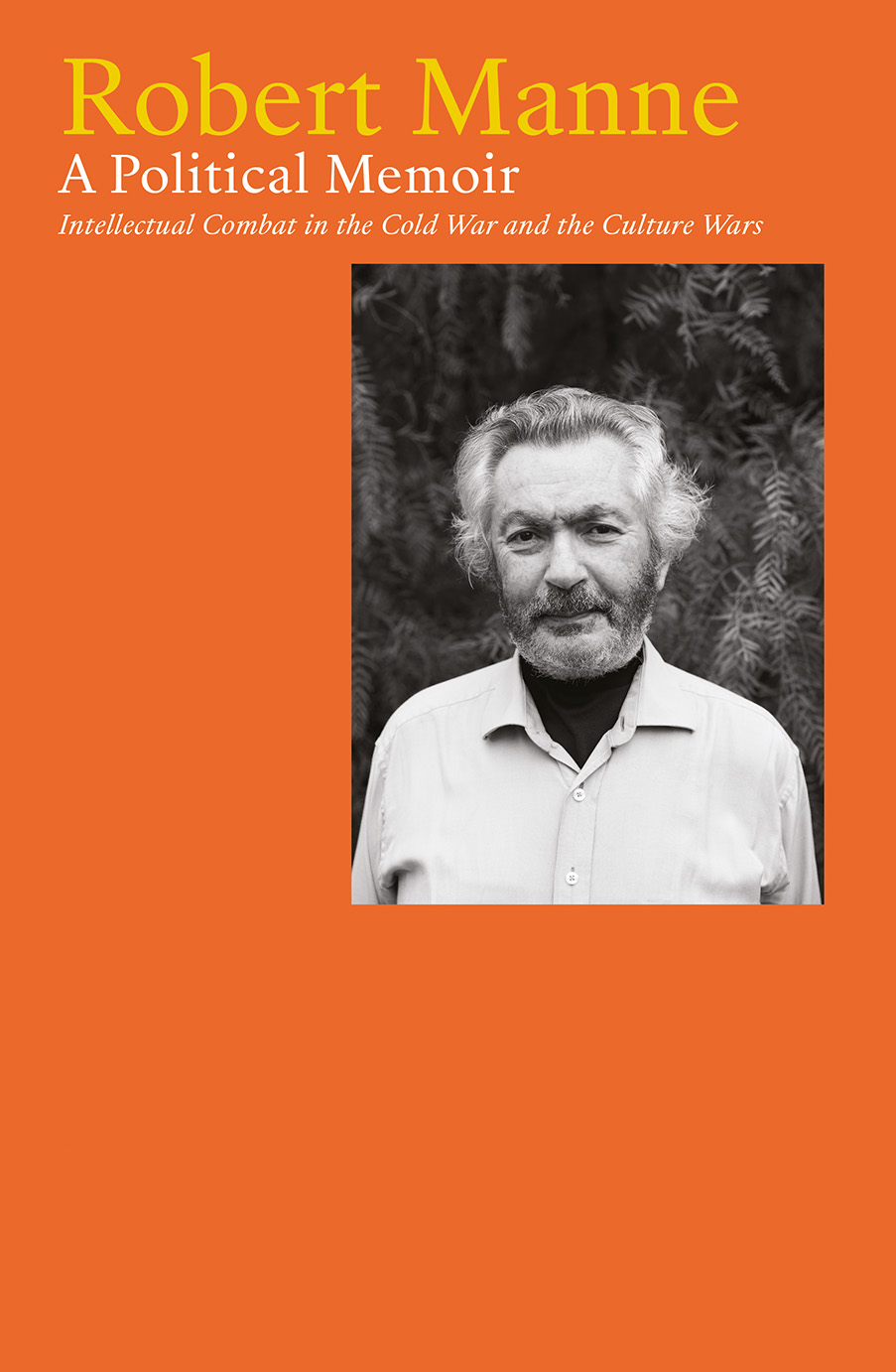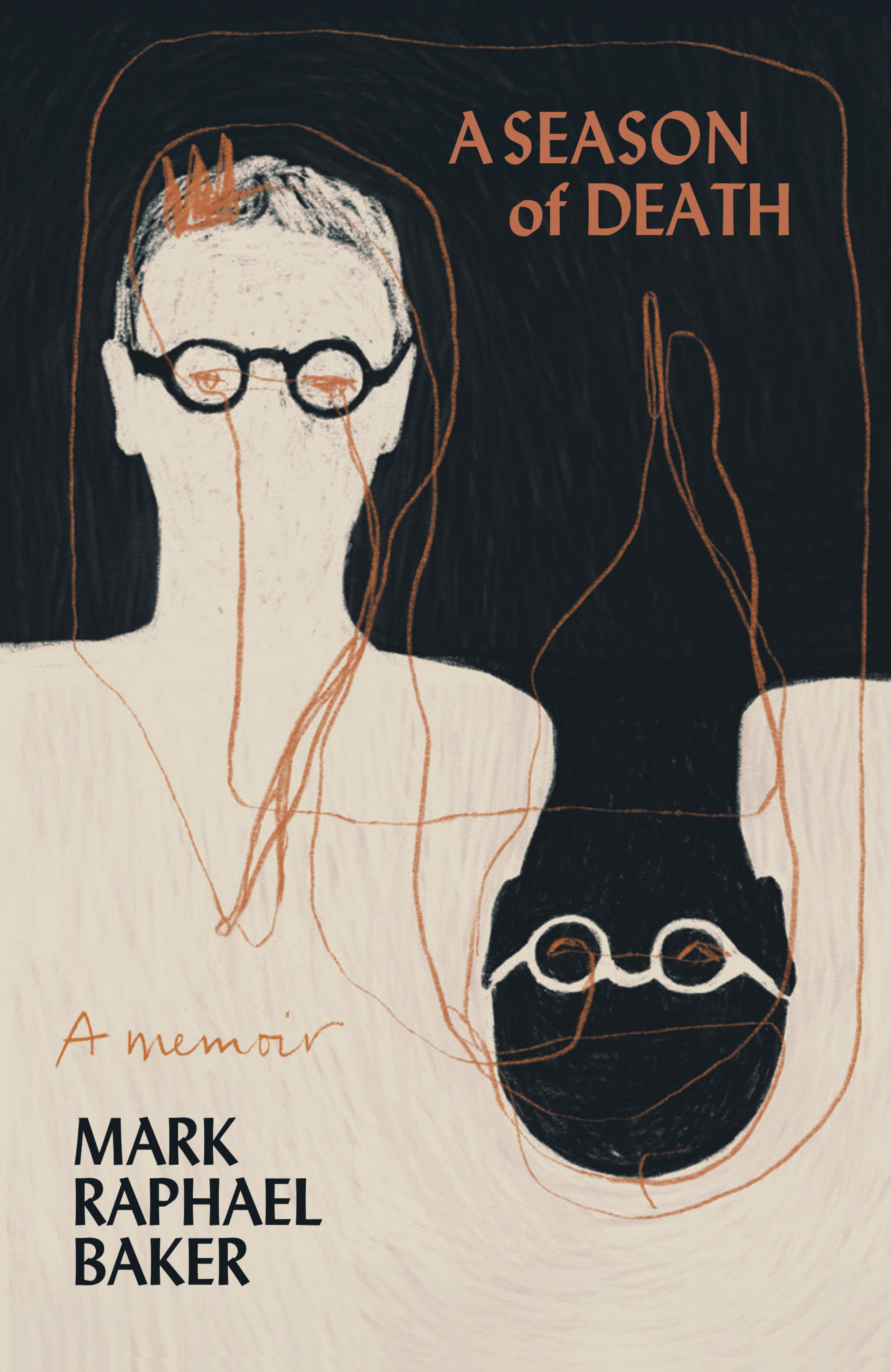Memoir
Criticisms first. Kim Carr’s insightful yet evasive memoir, A Long March, reads more like a short march. As a key left factional leader in the Australian Labor Party for the best part of forty years, the former Victorian senator squibs on details. He doesn’t explain the subterranean workings of the ALP; doesn’t fess up on the genesis of his feuds with the likes of Julia Gillard, Kim Beazley, Greg Combet, Anthony Albanese, and John Cain; doesn’t come clean on the part he played in the fall of the Gillard government in 2013; and doesn’t take his share of responsibility for the Rudd-Gillard-Rudd governments’ failure to implement his laudable industry policies. This book should be more revealing, much longer, and much more reflective.
... (read more)No Autographs, Please!: A backstage pass to life in the chorus – the stars who take their bow from the second row by Katherine Wiles
It is a cliché of the operatic world that all members of the chorus are frustrated or failed soloists. The traditional operatic pathway frequently emerges from the chance discovery of a singing voice with potential, followed by an exploration of opportunities to develop this as yet untapped ability. This usually means enrolment in a university vocal program, sometimes followed by postgraduate degrees. In the past, this was not always the case with many instances of highly renowned singers being ‘discovered’ under the most unlikely circumstances while pursuing very different occupations, often with limited or no musical training.
... (read more)In his seminal book I Don’t Want To Talk About It (1997), Terrence Real outlines how contemporary men, within the frameworks of white-supremacist capitalist patriarchy, must undergo a severing of self from self, and self from community. Real identifies how the so-called masculine power attained through this severing comes from a ‘one down’ position in which the struggle for ‘power over’, rather than ‘power with’, is a central doctrine of what he calls ‘patriarchal masculinity’. This power over, rather than power with, is similarly manifest in international governance, statehood, community and the family unit itself – and it is even manifest in the representation of male characters in Australian literature.
... (read more)Something Lost, Something Gained: Reflections on life, love, and liberty by Hillary Rodham Clinton
For Hillary Rodham Clinton’s admirers, Something Lost, Something Gained cements her place in America’s political pantheon. For her detractors, well, it probably confirms their view. When autobiography morphs into autohagiography, the result is always the same – self-promotion and self-justification become coterminous. Anodyne description masquerades as deep insight, and triviality promotes the Panglossian self-satisfaction that denies the reader any insight into how the author overcame more than her fair share of embarrassment and setbacks.
... (read more)Noble Fragments: The maverick who broke up the world’s greatest book by Michael Visontay
Michael Visontay’s Noble Fragments is about second chances, serendipitous connections, and simple good fortune. At its heart is a young man fleeing bankruptcy in Hungary who reinvents himself as a rare-book dealer in the United States and his impact on the Visontay family, which had survived the horrors of the Holocaust to become a classic example of Central European migration to Australia after World War II. The book deftly links an intriguing story about bibliophiles and the addiction that is rare-book collecting with the poignant tale of a traumatised son’s devotion to his father.
... (read more)Helen Garner has death on her mind. In recent decades, it has permeated her work in fascinating and unexpected ways. There is her novel The Spare Room (2008), which is about a woman’s struggles to care for a dying friend held hostage to dangerous delusions; This House of Grief (2014), a true-crime book about a devasting act of filicide; and, in her most recent volume of diaries, How to End a Story (2021), an account of the death of her marriage to the novelist Murray Bail.
... (read more)Readers who loved James Rebanks’s autobiographical The Shepherd’s Life: A tale of the Lake District (2015) – a bestseller at home and abroad, translated into sixteen languages, and winner of numerous prizes – will welcome this new work. His first book tells the story of a recalcitrant youth who wants nothing more than to leave school early to work on his parents’ and grandparents’ farm. Eventually, he resumes his studies, which take him to Oxford, and begins his richly evocative account of his life as a Lake District shepherd. What magnifies and deepens this apparently simple narrative and surely accounts for its universal imaginative appeal is that the work he describes is the continuation of a tradition going back more than a thousand years. Against the backdrop of the Cumbrian massif, daily human and animal preoccupations, hardships, and rewards – subject as they are to season, weather, and geography – have changed little since the last Ice Age retreated. In 2017, the Lake District was given World Heritage status, in part for its continuous agro-pastoral traditions.
... (read more)Lech Blaine. Lucky bastard. Great stories fall in his lap, like butterflies alighting on an open hand. All he has to do is write them up.
Oh, that it were so easy. Earning great material, in Blaine’s case, has meant more travails in three decades than some people endure in a lifetime. Surviving a horrific motor accident that claimed three young lives and profoundly damaged several others was grist for his first memoir, Car Crash (2021). The early death of his father, his mother’s decline through neurodegenerative illness, and managing a Bundaberg motel when his peers were attending university have produced compelling essays.
... (read more)A Political Memoir: Intellectual combat in the Cold War and the culture wars by Robert Manne
Raimond Gaita is quoted in his close friend Robert Manne’s new memoir as saying that a ‘dispassionate judgement is not one which is uninformed by feeling, but one which is undistorted by feeling’. That distinction points to one of the many attractive qualities of A Political Memoir: Intellectual combat in the Cold War and the culture wars.
... (read more)Mark Raphael Baker started writing this memoir on his first night in hospital after being diagnosed with pancreatic cancer in 2022. His wife, Kerryn, had died of a rare gastric cancer seven years before. His brother, Johnny, died of oesophageal cancer just two years after Kerryn. He is also reckoning with the death of his elderly father. The emotional intensity of these losses is the foundation of A Season of Death. ‘Three graves in five years,’ Baker writes. ‘While no number of deaths could make me indifferent to what awaits me, watching a sequence of deaths in the family has made me more prepared. I feel as though I have been trained or mentored in the art of dying.’
... (read more)

